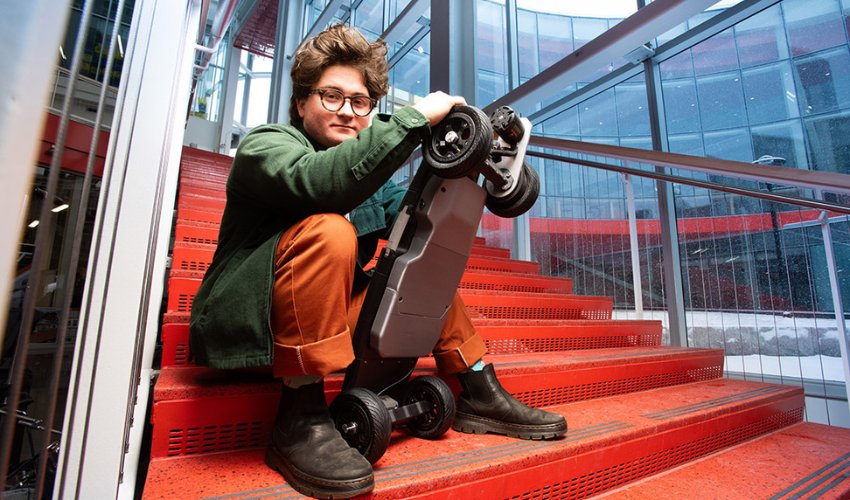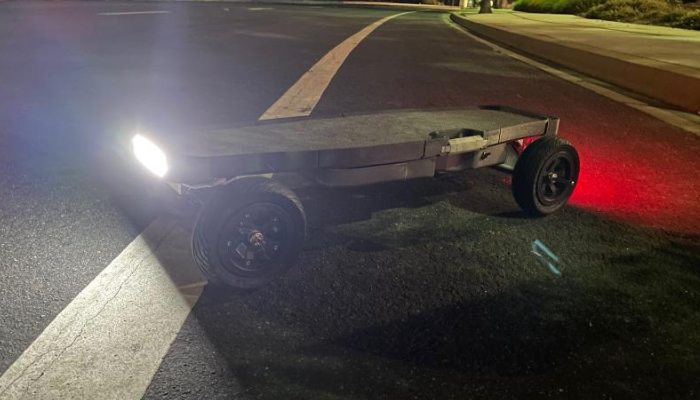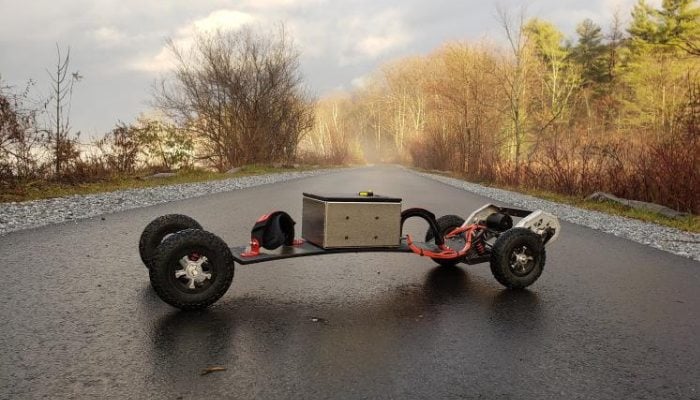RIT Student 3D Prints Custom-Designed Electric Skateboard

The world of 3D printing has seen a surge in the creation of functional objects, ranging from custom surfboards with optimized wave-riding characteristics to lightweight bicycle components that improve overall performance and comfort. Following this wave of innovation, Mike Elrod, a fifth-year mechanical engineering student at Rochester Institute of Technology, has leveraged his creative expertise to design and engineer his very own electric skateboard using advanced 3D printing techniques. Inspired by his internship experience at the renowned electric vehicle company, Tesla, Elrod was determined to harness additive manufacturing to create a personal innovation, while simultaneously satisfying his passion for creativity and engineering.
Driven by a desire to explore the potential of engineering-grade materials in 3D printing, Elrod set out to put his ideas to work. “I’ve always wanted to use engineering-grade materials and filaments to make functional parts for 3D printing,” Elrod expressed. “It’s not always interesting to make little trinkets; I want to use it for engineering.”

Night shot of Elrod’s fully 3D printed skateboard. (Photo Credits: Mike Elrod)
Leveraging his background in mechanical engineering, Elrod carefully designed and 3D-printed every core component of the skateboard, including the deck, axles, and electric housing. By incorporating carbon fiber-infused filaments into the design, he ensured the skateboard’s flexibility and strength could meet the rigors of everyday use. Additionally, Elrod implemented specialized components to further enhance its steering and maneuverability, improving the overall design and user experience of his board.
The final product is a state-of-the-art, fully customized electric skateboard equipped with a powerful 36-volt battery, capable of achieving speeds of up to 20 miles per hour. Fitted with rugged 6.5-inch pneumatic tires, the skateboard can reliably navigate diverse terrains, from smooth pavements to challenging off-road trails. Riders can operate the 3D printed electric skateboard via a handheld remote controller for easy operation.
Throughout the project, Elrod actively sought knowledge and support from online engineering and 3D printing communities, which helped him refine his designs and inspire ideas for improving the skateboard. Speaking on the design process, Elrod added, “I knew the community, the industry, and the forums. There have been a lot of companies that have popped up over the last 10 years that make motors and motor controllers, which are the brain, battery packs, and all the little electronics.”

Custom-designed mountainboard by Mike Elrod. (Photo Credits: Mike Elrod)
Elrod’s project signifies the exciting potential of 3D printing for personalized transportation. As AM technology continues to evolve, it is likely we can expect to see even more innovative and personalized transportation options emerge in the years to come. To learn more about Mike Elrod’s 3D printed skateboard project, click here.
What do you think of this use of 3D printing in custom-made electric skateboards? Let us know in a comment below or on our LinkedIn, Facebook, and Twitter pages! Don’t forget to sign up for our free weekly newsletter here, for the latest 3D printing news straight to your inbox! You can also find all our videos on our YouTube channel.
*Cover Photo Credits: Rochester Institute of Technology






